What’s the Buzz
The Bee Healthy Blog
What Foods Can You Eat 2 Days Before a Colonoscopy?
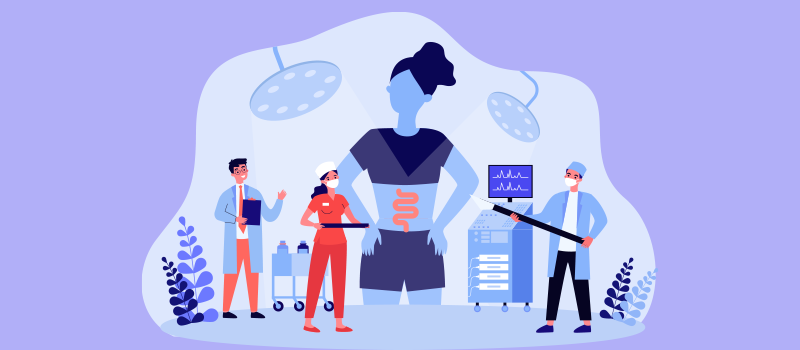
Many people avoid having a colonoscopy because the prep for the procedure is so much trouble. But a colonoscopy can result in an early diagnosis of colon cancer when the cancer is still treatable and has not yet spread to other parts of the body. Doctors can also detect and remove precancerous polyps during a colonoscopy that could turn into cancer in the future. Given that colorectal cancers are a leading cause of cancer deaths in the United States, a colonoscopy can potentially save your life. That’s why all the hassle of a colonoscopy preparation is worth it.
One of the things your doctor will ask you to do in preparation for your colonoscopy procedure is to modify your diet. This is because the colon needs to be as clean as possible for the doctors to get a good look at it.
Please keep reading to learn more about what kinds of foods you should eat and what foods to avoid in the days before your colonoscopy.
Can you eat a hamburger 3 days before a colonoscopy?
Ground beef and white bread are permitted up to one day before your colonoscopy. So yes, you can eat a hamburger 3 days before your colonoscopy appointment.
What should I eat 2 days before a colonoscopy?
Most doctors advise that you start your colonoscopy prep two to three days before the procedure. This includes eating only low-fiber foods that are easy to digest. Some doctors prescribe low-fiber foods only one day before a colonoscopy.
Low fiber, low roughage foods include white bread, white rice, pasta, flour tortillas, eggs, rice cereal, well-cooked or canned vegetables, canned fruits without seeds, lean meat (fish, seafood, ground beef, well-cooked chicken, turkey, ham, pork).
A low fiber diet should not include raw fruits and vegetables, dried fruit, nuts, seeds, corn, and whole grains.
What can I eat 1 day before a colonoscopy?
The colonoscopy prep diet one day before your procedure includes clear liquids only. You will need to avoid all solid foods. Therefore, one day before your colonoscopy, you should consume only water, broth, bouillon, clear juices like white grape and apple, clear sports drinks and other carbonated beverages, black coffee or tea, popsicles, Jell-O, etc.
On the day of your colonoscopy procedure, similar to the previous day, consume clear liquids only. You should stop eating and drinking two hours before your scheduled colonoscopy.
What low fiber foods should I eat before my colonoscopy?
Your doctor will recommend a low fiber diet two to three days before your colonoscopy. These foods are easy to digest and leave your system quickly, leaving your colon (large intestine) relatively clean for the procedure. You can include the following foods in your low-fiber diet when preparing for a colonoscopy.
Dairy: Low-fat or skim milk, powdered milk, buttermilk, sour cream, custard, low-fat ice cream, sherbets, and low-fat yogurt without seeds, nuts, rinds, or berries.
Vegetables: Well-cooked vegetables; canned vegetables without seeds; green or wax beans; lima beans; carrots; spinach; pumpkin; asparagus tips; lettuce; potatoes without their skins.
Fruits: Peeled apple; ripe bananas and melons; canned, pureed, and soft fruits.
Grains: Refined white flour (white bread, bagels, rolls, crackers, white rice); pasta; cooked cereals; cereals made from white or refined flour (crispy rice cereal or cornflakes).
Meats and Other Protein Foods: Smooth nut butters like creamy peanut butter; well-cooked tender chicken; pork; lamb; veal; fish; seafood; eggs; tofu.
Snacks and Sweets: Jell-O; sherbets; popsicles; low-fat ice cream; hard candy; plain pudding, cakes, cookies, and custard; pretzels.
Beverages: Black tea or coffee; clear sports drinks (such as Gatorade); clear soft drinks; clear fruit juices without pulp (such as apple or white grape); strained soups made with permitted vegetables (see above); water.
Condiments: Ketchup; mustard; margarine; oils; mayonnaise; salad dressings; butter; sour cream; plain gravies; spices; cooked herbs; honey; syrup; clear jelly.
Cooking Methods: In general, it is advisable to simmer, braise, poach, stew, steam, bake, and microwave foods during your bowel prep. The idea is to cook the food until it is soft and easy to digest.
What foods should I avoid before my colonoscopy?
As part of your bowel prep, you should avoid the following foods.
Dairy: Any yogurt that contains seeds, nuts, berries, or rinds.
Vegetables: Broccoli; mushrooms; onions; peppers; potato skins; brussels sprouts; winter squash; okra; greens (turnips, mustard, collards); cabbage (including sauerkraut); cauliflower; corn; fried vegetables; raw vegetables.
Fruits: All raw fruits (barring peeled apple, ripe banana, and melon); raisins; prunes; dried fruits; canned berries.
Grains: Wild rice; brown rice; whole-grain cereals; whole wheat breads, rolls, crackers; whole wheat pasta.
Meats and Other Protein Foods: Chunky nut butters; nuts; seeds; chewy meats or tough meats; dried, frozen, or canned legumes (peas, lentils, and beans like black eyed beans, split beans, chickpeas, pinto beans, kidney beans, and garbanzo beans).
Snacks and Sweets: Popcorn; desserts or candies containing nuts, seeds, dried fruit, whole grain, coconut, or bran.
Condiments: Jams; marmalades; olives; preserves; pickles; horseradish; relishes.
Beverages: Prune juice; fruits juices with pulp.
Cooking Method: Avoid frying and grilling foods because this can make food difficult to digest, which could leave undigested food in your digestive tract before your colonoscopy.
Colonoscopy is Vital for Colon Cancer Detection
Bowel prep before a colonoscopy can be a major inconvenience. However, following your doctor’s instructions for a bowel cleanse while getting ready for the procedure is vital for a successful colonoscopy. Eating a low-fiber diet for two to three days before your colonoscopy and taking laxatives as directed will ensure your digestive tract is properly prepped for the procedure.
On the other hand, poor bowel preparation can lead to technical difficulties during your colonoscopy, increasing the risk of complications like perforation. It can also prolong the duration of the procedure and increase the chances of your doctor missing signs of colon cancer during your colonoscopy.
References:
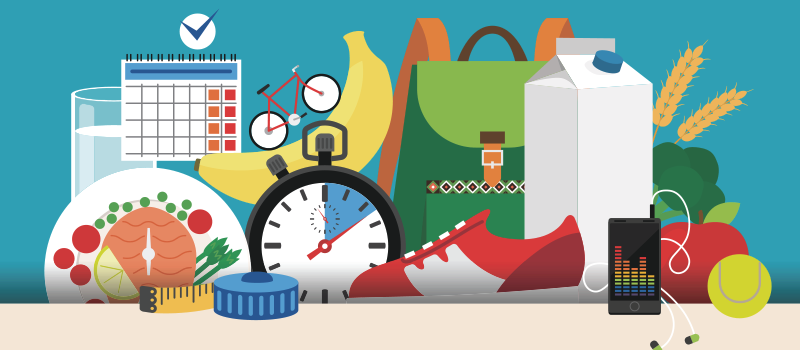
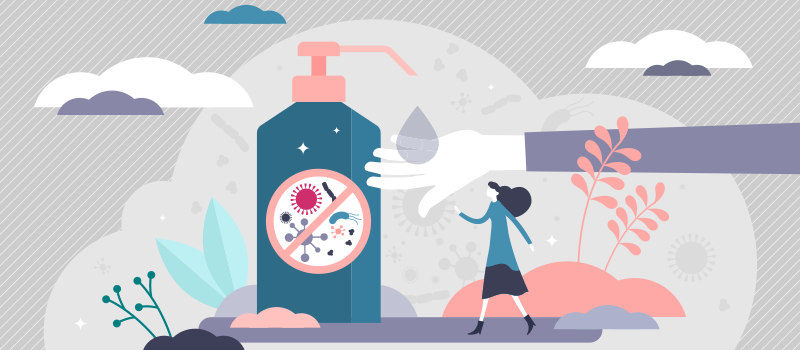
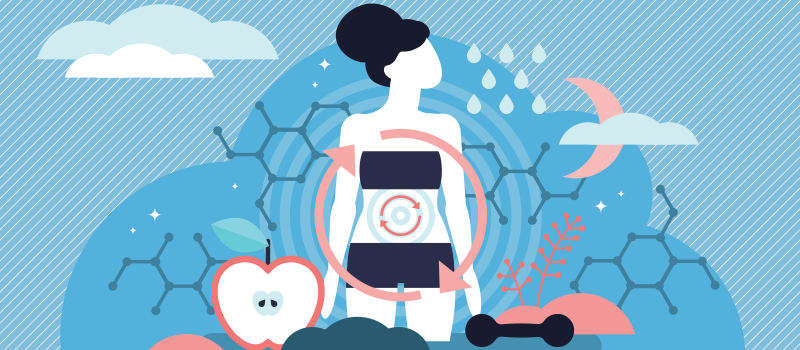

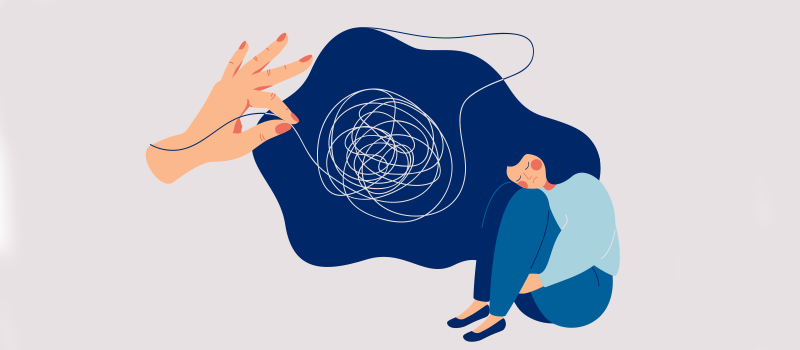
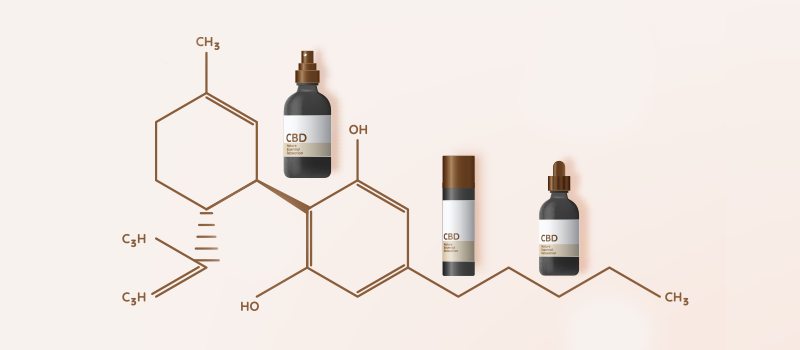

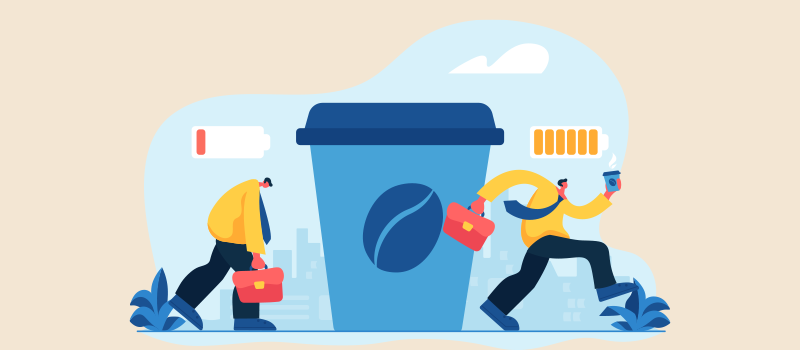
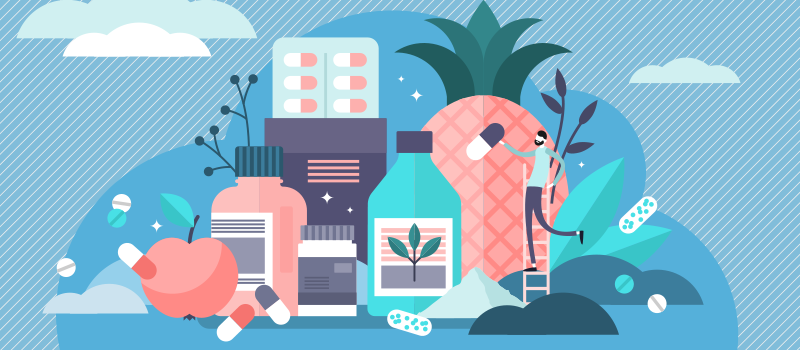
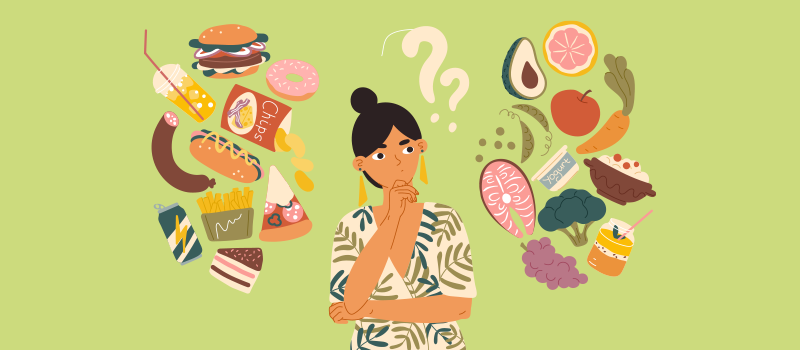

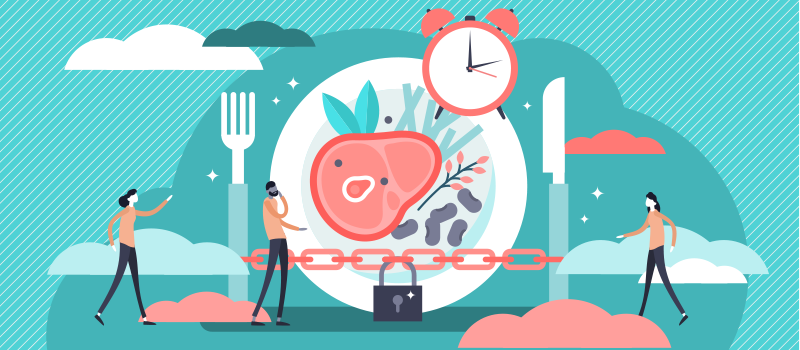
SOCIAL